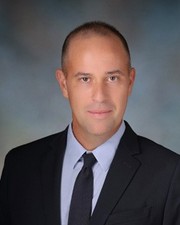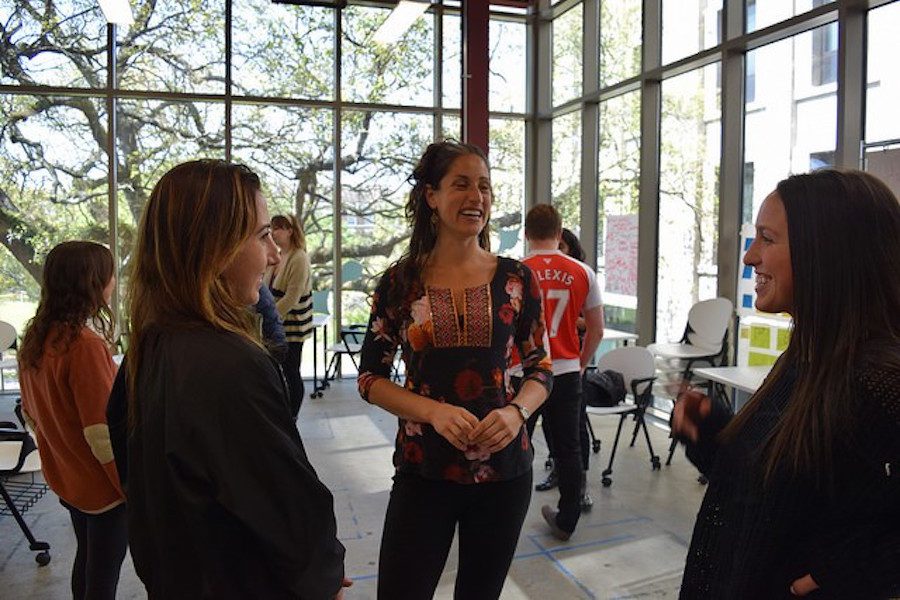Tulane offers innovative courses for Spring 2018 semester
After fulfilling their core requirements, students may be looking to diversify their schedules with some unconventional courses. As class registration for the Spring 2018 semester approaches, students should be aware of a variety of interesting and distinct classes offered at Tulane.

One of the many classes offered on campus is SLAM 3010 “Leadership: What is it and why should we care about it?” taught by Professor and former Tulane President Scott Cowen. According to the Tulane University Gibson website, the purpose of this course is to help develop the next generation of leaders for the country and the world.
In the course, students will study leadership by focusing on the evolution of leadership theory and learning about the different leadership styles through case studies and personal interactions with leaders.
“The course will give students a new understanding of leadership, a vocabulary to discuss leadership and, most importantly, the tools to assess and improve their own capabilities as tomorrow’s leaders and changemakers,” Cowen said.
For students who strive to obtain a leadership role in the future, this course provides opportunities to reach their leadership potential and to develop a personal leadership plan.
A brand new course that will be offered this upcoming spring semester is HISU-2911-01 “History of the Digital Revolution: From Ada Lovelace to Mark Zuckerberg” led by Walter Isaacson. Isaacson is a New Orleans native and a former Times-Picayune reporter. Later, he became chairman and CEO of CNN, managing editor of TIME, a best-selling author and leader of the Aspen Institute.

The course will analyze the chronology of technological advances that led to the digital revolution. The curriculum will cover technologies from Ada Lovelace’s description of a general purpose computer to Mark Zuckerberg’s concept of a social network. In addition, students will learn about what type of businesses fail and succeed, and the reasoning behind this.
“A student should gain a feel for how history is influenced by great forces, by technological innovations, and by people who know how to turn those innovations into useful products,” Isaacson said. “If we do not understand the story and functioning of the technologies we use each day — microchips, circuits, computers, the internet, mobile devices — we will be alienated from aspects of our lives.”
Another distinct class offered is SISE-4820-01 “TAYLOR Your Life” taught by Professor Julia Lang. TAYLOR Your Life is an eight-week career development program that aids students in planning their life course. Courtesy of Julia Lang
The curriculum involves applying methods and mindsets of design thinking (human-centered design) to career development. According to the TAYLOR website, participants in the program clarify their interests, prototype and test elements of careers, learn how to market themselves and network with other changemakers around the world.
“This class not only helps students figure out how to best navigate their Tulane experience and their life after graduation, but also provides the framework and scaffolding for them to continue to prototype and test their life for decades to come, thereby creating and living a well-designed life services both the individual and tackles some of our world’s most pressing social issues,” Lang said.

Professor Travis Smith will teach two distinctive courses: CSEN-3010-01 “Coming of Age Movies the 80’s” and CSEN-3349-01 “Mad Men: A Critical Analysis.” Students in these courses will learn how to analyze, discuss and identify patterns in art, especially in film and television.Courtesy of Travis Smith
“Unless a student is an avid reader or has a particular interest in a specific kind of art, such as painting or sculpture or music, then I think it’s fair to say that most college students are encountering ‘art’ in films or in streamed ‘binge-worthy’ TV shows,” Smith said. “I believe that deepening one’s ability to experience this mode of art in a more critical way can be really helpful.”
Priority registration for Spring 2018 courses begins Monday, Nov. 6.
Your donation will support the student journalists of Tulane University. Your contribution will allow us to purchase equipment and cover our annual website hosting costs.

















Leave a Comment